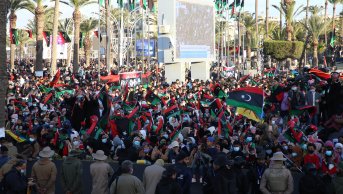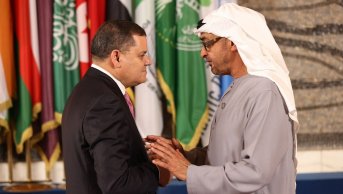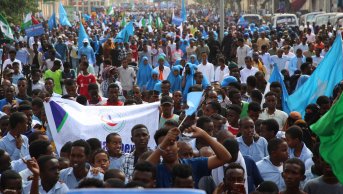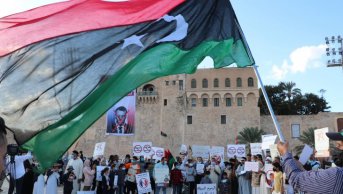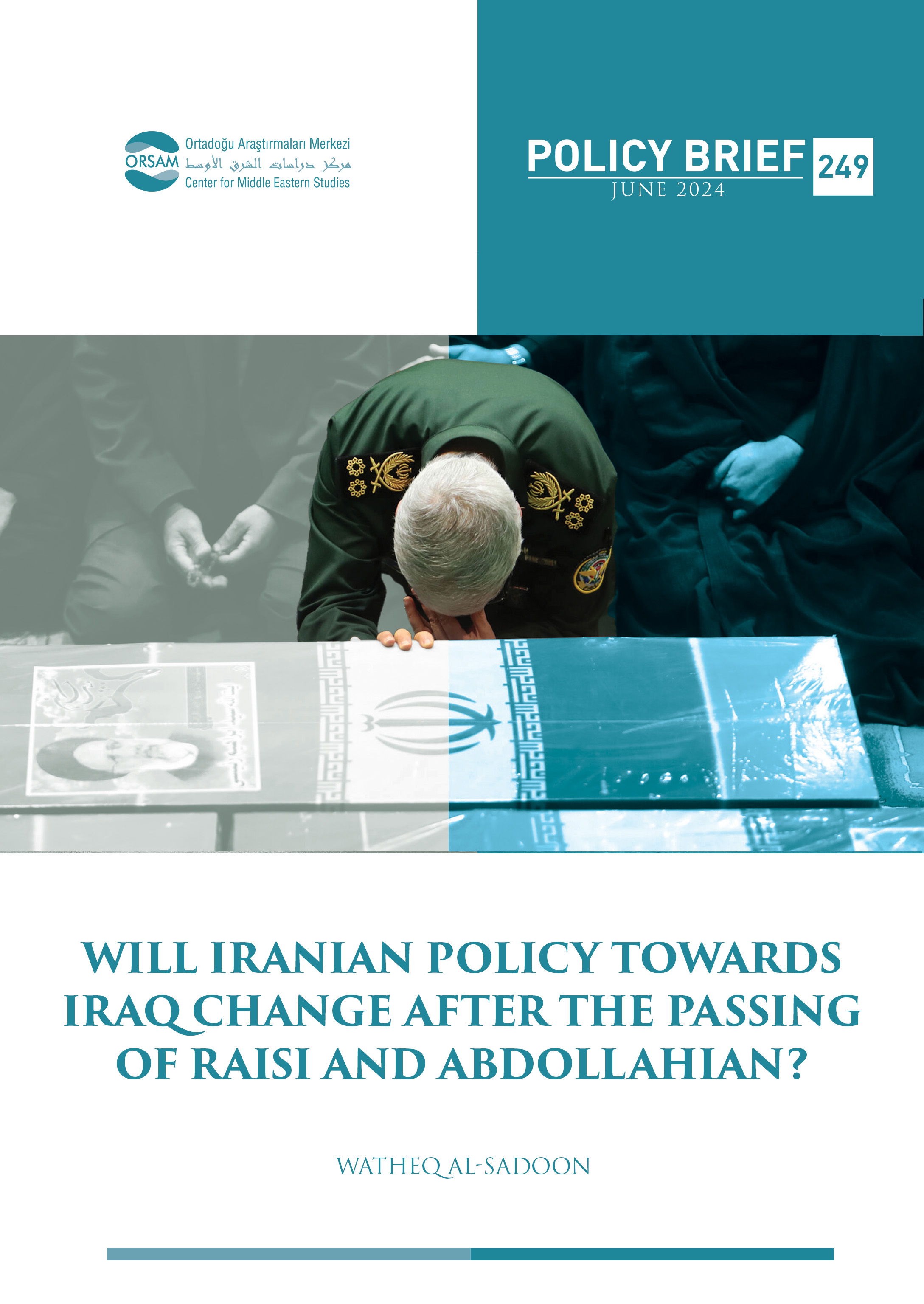Strengthening Ties: The Evolution of Security Partnerships Between Russia and Nigeria
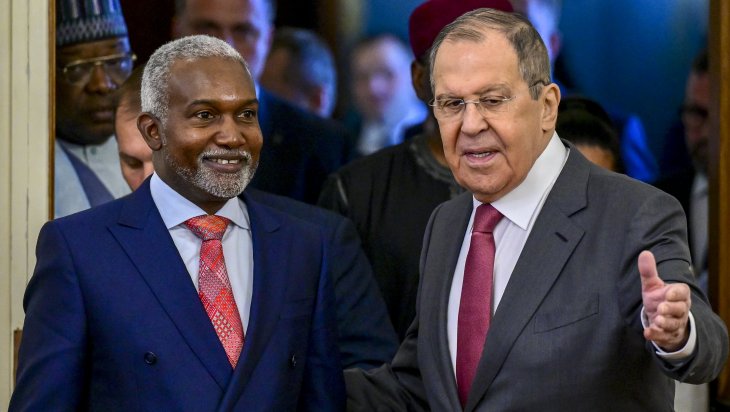
The burgeoning opposition to French influence, the assertive economic expansion of China, and the strategic significance of Africa as an energy conduit have imbued Russia's foray into Africa with complex ideological, political, and geopolitical dimensions amidst international competition. Russia's historical rapport with numerous African leaders and elites, a legacy of solidarity dating back to the Cold War, has provided a conducive backdrop for its renewed engagement on the continent.
In pursuit of its strategic ambitions in Africa, Russia has adeptly mobilized its foreign policy apparatus across economic, military, and political spheres. It boasts a portfolio that includes civil society organizations with a development and investment mandate in Africa, private military firms for security services and clandestine operations, a robust media network for dissemination of disinformation and cultural influence, as well as a plethora of enterprises operating across the continent's multifarious sectors. This strategic, multifaceted engagement has propelled Russia to a position of prominence as an international actor with substantive influence in nations such as Libya, the Central African Republic, Mozambique, Mali, and Sudan and consolidated its stature as the preeminent arms supplier in Africa, with a dominant market share.
Especially after the recent coups in the Sahel region countries like Mali, Niger, and Burkina Faso, Russia, showing a tendency to expand westwards on the continent, finds Nigeria of critical importance given its economy as well as its historical and political position in Africa. In this regard, the visit of Nigerian Foreign Minister Yusuf Tuggar on March 6, 2023, following the military cooperation agreement made in 2021, indicates the increasingly interactive relations between the two countries.
Foreign Minister Tuggar's visit to Moscow: An overview of bilateral relations
The discussions between Russian Foreign Minister Sergey Lavrov and his Nigerian counterpart, Tuggar, addressed not only enhancing collaborations between the two countries but also the Hamas-Israel conflict and various regional issues. Minister Lavrov characterized Nigeria as a "priority partner" in Africa, while Tuggar highlighted potential trade and military partnerships. Additionally, following the talks, it was decided to establish joint committees to implement agreements between the two countries, including the 2017 nuclear power plant construction agreement with Rosatom.
Furthermore, both nations are supportive of the ceasefire process in Gaza. The leaders announced their consensus on the establishment of a Palestinian state. Parallel to this, in February, Nigeria hosted a high-level Hamas delegation.
Arms trade stands out as one of the most fundamental areas of cooperation between the two nations. In this context, Nigeria is expected to expand its arms purchases from Russia in the upcoming period. According to the Stockholm International Peace Research Institute (SIPRI), the West African country is the second-largest importer of Russian arms in Sub-Saharan Africa over the past five years. Since 2015, Russia has supplied Nigeria with 13 combat helicopters, two transport helicopters, numerous anti-tank missiles, and aircraft engines. This interaction positions Russia as the second-largest supplier after China. Recently, the procurement of unmanned aerial vehicles and mine-clearing equipment has become crucial for Nigeria in its fight against Salafi terror groups in rural areas, both for intelligence flow and operational purposes.
The deepening and expansion of military relations are influenced by the rising extremist movements and radical terrorist activities in Nigeria's northwest region. On the other hand, banditry and farmer-herder tensions across the country are other factors straining the capabilities of the Nigerian military. It can be said that Nigeria has not found the support it sought from traditional Western allies against these threats. Senior Nigerian military officials argue that difficulties in obtaining arms from Western countries have increased their purchases from Russia, claiming that countries that suspend arms sales on human rights grounds are applying "double standards." This argument is presented as a legitimate justification for regional military administrations terminating security collaborations with France and the US. In contrast, Russia is enhancing its interactions with countries facing security risks in the Sahel-Sahara belt. There are two fundamental assumptions underlying this approach.
Firstly, the strategy of augmenting arms transfers in the Sahel region subsequent to military coups is predicated on reinforcing the Kremlin's economic infrastructure and affording the Putin regime an avenue to mitigate the repercussions of global sanctions encountered following the conflict in Ukraine. This approach not only facilitates a mitigation of the sanctions' impact but also holds the potential to intensify Russia's military commitments across the continent.
Secondly, it is pertinent to acknowledge Russia's endeavor to solidify its stature as a "superpower" within the African continent, capitalizing on the geopolitical opportunities that have arisen. Through a multifaceted engagement strategy encompassing diplomacy, both legitimate and illegitimate military presence, the commerce of arms and energy resources, alongside a diversification of values, the Kremlin is intent on perpetuating its global perception as a formidable entity that prioritizes and achieves its strategic objectives and interests. Concurrently, it seeks to extract concessions in the political, military, and economic spheres by overlooking anti-democratic principles. Nonetheless, Russia's dismissal of human rights and democratic standards, as evidenced in various countries, precipitates abuses by security forces. Moreover, this scenario serves as a catalyst for the expedited detachment of governments in nations observing a Russian presence from their Western affiliations.
Anticipating the next chapter
In the long-term forecast, the dynamics between Russia and Nigeria are projected to enhance significantly. Strategic alliances fostered between these nations, particularly through the expansion of collaborations within the military, energy, and economic sectors, are expected to deepen. Russia's readiness to furnish Nigeria with arms and military apparatus plays a pivotal role in bolstering Nigeria's capability to address regional security challenges. From the standpoint of Nigeria, the support provided by Russia is instrumental, especially in the fight against terrorism and the establishment of regional security.
Economically, there is an anticipation of escalated investment by Russian corporations in Nigeria and a burgeoning partnership within the energy sector. The initiative by Rosatom to augment energy infrastructure activities, stemming from the agreement in 2017, is regarded as a probable progression. Concurrently, envisioned nuclear energy ventures in Nigeria exemplify the tangible collaboration in technology and science between the two entities. These initiatives are recognized for their potential to amplify Nigeria's energy generation, as well as to enrich the country's energy diversification and sustainability.
From a global and regional geopolitical perspective, it is plausible to expect Russia and Nigeria to persist in collaborative endeavors on international platforms, aligning with their mutual interests. The ongoing Israeli military actions in Gaza represent an issue on which the two countries converge. Thus, the military and economic convergence, akin to the Gaza situation, may fortify the likelihood of synchronized actions by the two nations on global stages. This development, however, may concurrently engender competitive dynamics and geopolitical tensions with Western nations. At this juncture, it appears challenging for Nigeria, traditionally perceived as an ally of the United States and France, to navigate a balanced policy.
This article was previously published on March 13, 2024, on SavunmaTR website titled "Strengthening Ties: The Evolution of Security Partnerships Between Russia and Nigeria".

